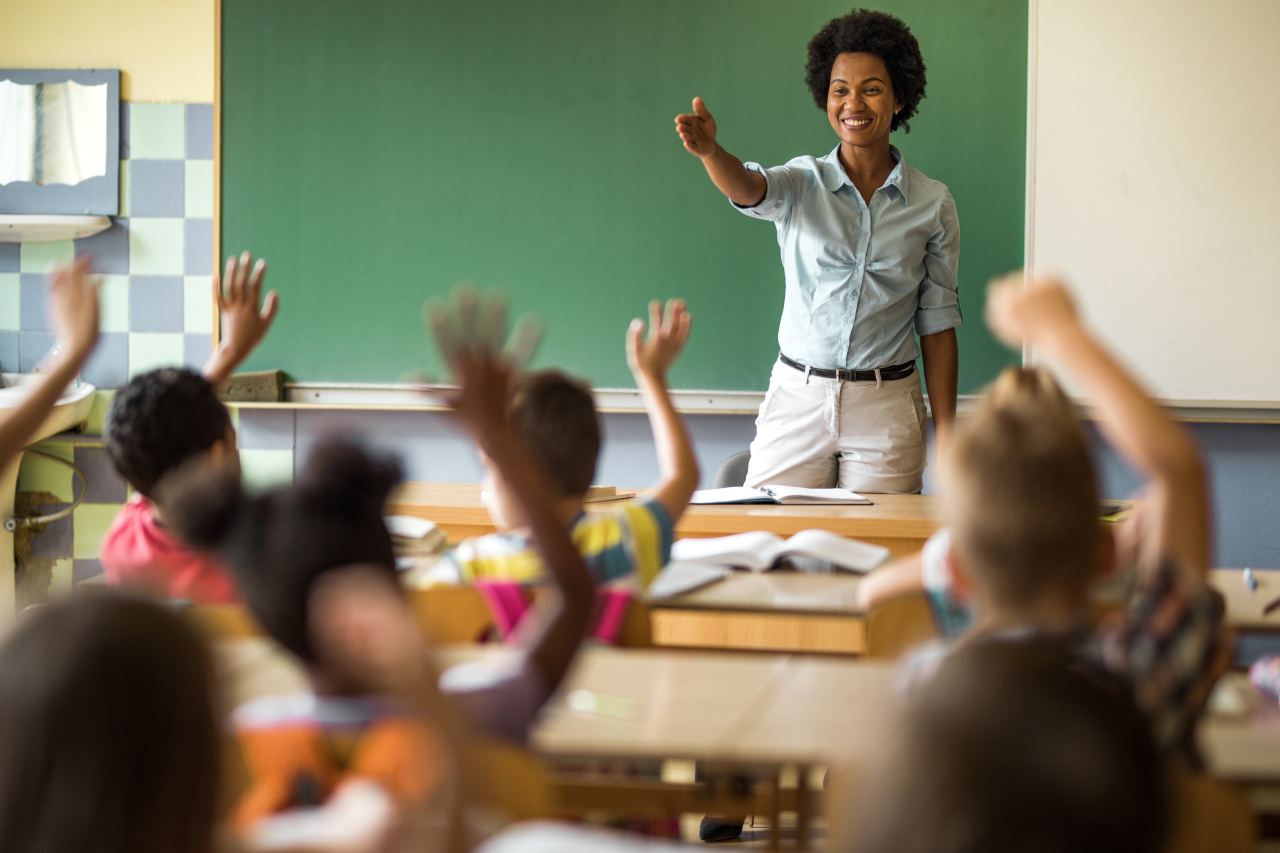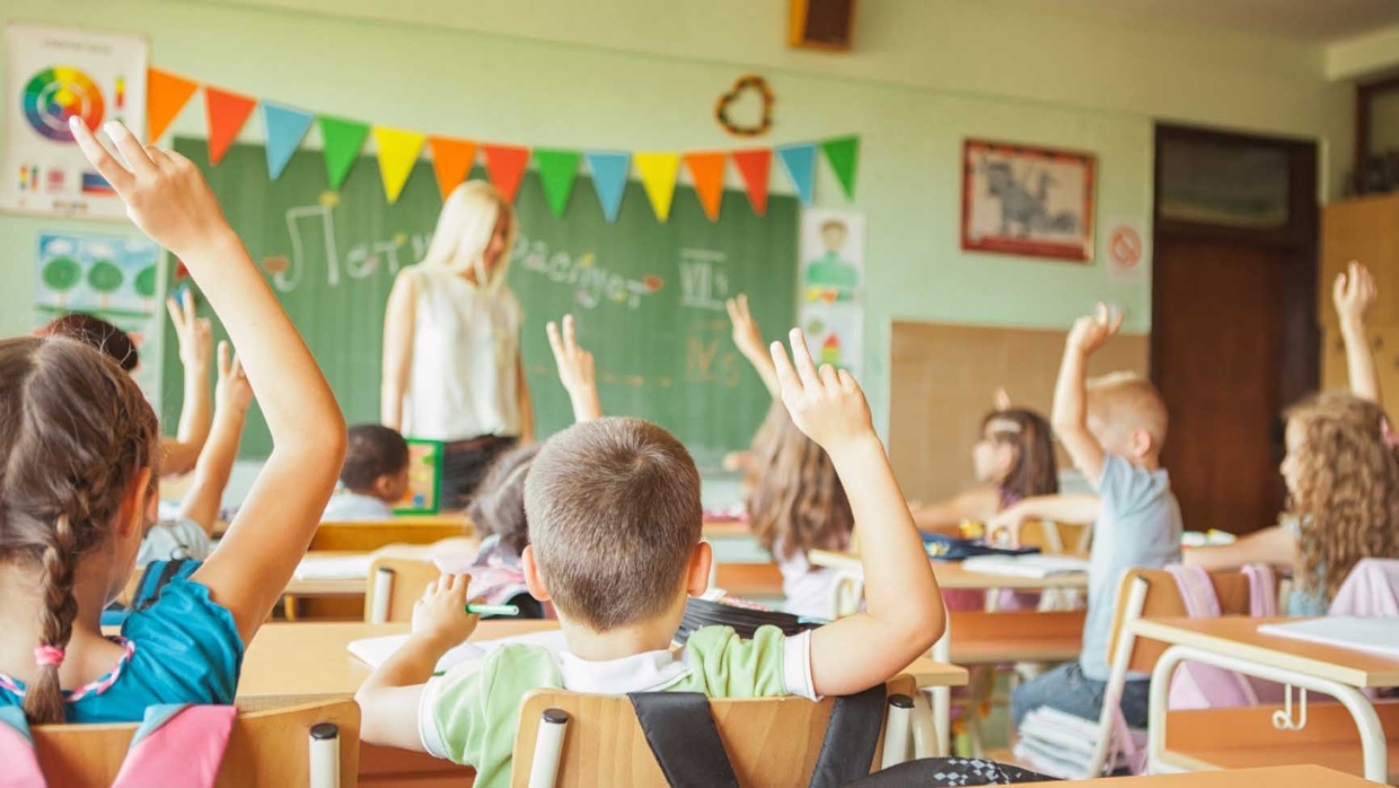Discovering the Different Teaching Techniques in Primary Science Education Today
Inquiry-based knowing, hands-on experiments, and the integration of technology are redefining just how teachers engage young minds. In addition, collective techniques and separated direction are being used to provide to the diverse needs of pupils, improving both interaction and understanding.
Inquiry-Based Understanding
Inquiry-Based Knowing (IBL) is an instructional technique that urges trainees to explore clinical ideas through questioning, investigation, and hands-on testing. This approach emphasizes the duty of trainees as energetic individuals in their learning, advertising critical reasoning and problem-solving abilities. By engaging with real-world inquiries, pupils become motivated and interested, which improves their understanding of scientific concepts.
In IBL, teachers work as facilitators, guiding pupils as they navigate their questions as opposed to delivering info straight. This student-centered technique enables distinction, fitting numerous finding out designs and rates. Pupils develop abilities in creating theories, designing experiments, and examining data, which are essential for clinical proficiency.
In addition, IBL cultivates collaboration amongst students, encouraging them to share findings and ideas. This cumulative questions promotes social abilities and a sense of community within the classroom. The process of query encourages strength, as pupils discover to welcome failure as a stepping stone toward understanding.
Hands-On Experiments
Hands-on experiments are a vital component of reliable scientific research education and learning, enhancing the concepts of inquiry-based knowing. These experiments enable trainees to involve directly with clinical concepts, fostering a much deeper understanding via experiential understanding. By adjusting products and observing outcomes, young learners can understand abstract theories in concrete methods.
Such activities advertise essential thinking and problem-solving abilities, as trainees assume outcomes, conduct experiments, and analyze outcomes. This procedure motivates them to ask inquiries, fine-tune their understanding, and create a clinical attitude. Hands-on experiments can be tailored to diverse learning styles, making certain that all trainees have the possibility to involve meaningfully with the material.
In addition, hands-on experiments often motivate partnership among peers, advertising teamwork and communication abilities. Functioning in teams allows pupils to share concepts, discuss findings, and pick up from one another, which improves their general educational experience.
Incorporating hands-on experiments right into the main science educational program not only enriches the discovering setting however additionally cultivates a lifelong passion in science. By actively joining their education and learning, students are most likely to create a passion for scientific query that extends beyond the classroom.

Innovation Combination
Integrating innovation right into key scientific research education and learning has become progressively crucial in fostering student involvement and improving finding out outcomes. Using electronic devices, such as interactive simulations, digital laboratories, and educational software, offers students with possibilities to check out clinical ideas in ingenious means. These resources help with a deeper understanding of complex subjects by permitting students to picture and control variables that would be unwise in a standard class setup.
Additionally, technology combination encourages customized discovering experiences. Students can proceed at their very own pace, taking another look at difficult concepts with multimedia sources, which satisfy various knowing designs. This adaptability not just sustains individual development yet likewise cultivates a feeling of autonomy in learners.
In addition, modern technology functions as a bridge Related Site to real-world scientific research, linking pupils with existing research study and expert contributions. Access to online databases and scientific journals expands trainees' perspectives on scientific questions and cultivates important assuming skills.
Collaborative Understanding
Joint learning plays an essential role in main scientific research education by fostering synergy and communication skills among trainees. This technique motivates students to collaborate, share understanding, and participate in analytic, which enhances their understanding of clinical principles. By participating in group activities, pupils find out to express their concepts, pay attention to diverse perspectives, and discuss solutions, all of which are vital abilities in both real-world and scholastic contexts.

Research indicates that joint knowing can lead to boosted inspiration and involvement in scientific research subjects, as students find satisfaction in shared experiences (primary science tuition Singapore). In addition, this technique prepares pupils for future collaborative undertakings, equipping them with the skills essential for efficient synergy in college and expert environments. Ultimately, welcoming joint discovering in main scientific research education can significantly enhance the knowing experience and advertise a much deeper understanding of scientific query
Differentiated Guideline

Differentiated guideline can materialize in different ways, such as differing the material, processes, or products of learning. Instructors might use tiered jobs that offer varying levels of complexity, allowing pupils to function at their particular preparedness degrees. Furthermore, adaptable Click Here organizing strategies can facilitate partnership amongst students with various abilities, promoting peer discovering.
Evaluation plays an important function in this approach, as it educates direction and assists teachers understand each trainee's one-of-a-kind demands. Formative evaluations, such as monitorings and quizzes, can direct teachers in adjusting their methods to boost discovering results. primary science tuition Singapore. Ultimately, by executing differentiated guideline in primary science education, educators can grow an extra efficient and fair discovering atmosphere, equipping all students to reach their full capacity in understanding clinical sensations
Verdict
In recap, the diverse training strategies in key scientific research education, including inquiry-based knowing, hands-on experiments, technology integration, collective knowing, and separated guideline, jointly add to a more effective learning atmosphere. These techniques advertise critical reasoning, wikipedia reference analytical abilities, and a much deeper comprehension of clinical principles. By implementing these strategies, teachers can produce engaging and helpful class that address the diverse requirements of pupils, eventually cultivating a lifelong rate of interest in scientific research and boosting scholastic achievement.
Inquiry-Based Learning (IBL) is a pedagogical technique that encourages students to explore scientific principles through questioning, examination, and hands-on testing.Joint understanding plays a crucial duty in main science education by fostering synergy and communication skills amongst trainees.Research shows that collaborative learning can lead to boosted motivation and engagement in science topics, as students locate enjoyment in shared experiences.In fostering a comprehensive learning atmosphere, distinguished guideline emerges as a crucial method to fit the varied needs and abilities of pupils in key scientific research education. Ultimately, by carrying out differentiated direction in main scientific research education and learning, teachers can cultivate a more equitable and efficient knowing atmosphere, empowering all pupils to reach their complete possibility in comprehending scientific sensations.